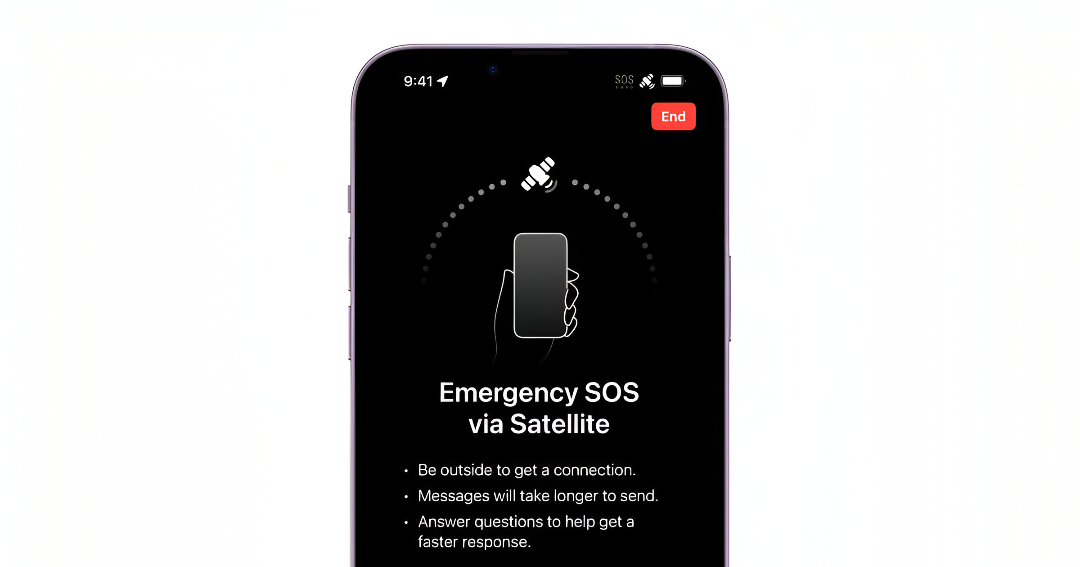You trust your car to get you from point A to point B safely, but did you know that it might be spying on you? According to the NYTimes, a growing concern has emerged about car companies collecting and selling driver data to third parties without your consent. This sneaky practice has sparked lawsuits, investigations, and calls for action from lawmakers and consumer advocates who want to protect your privacy behind the wheel.
The scope of the issue is alarming, as reported by Fastcompany. According to a lawsuit filed by Texas Attorney General Ken Paxton, General Motors (GM) has collected data from 14 million vehicles, with 1.8 million drivers in Texas alone being affected. And it’s not just GM. A September 2023 report by Mozilla found that 84% of car brands surveyed share or sell data to third parties, indicating a widespread practice across the industry.
So, what kind of data are they collecting? Everything from your acceleration and braking patterns to your location history and other driving habits. This data is a goldmine for third parties, like insurance companies, who use it to create risk scores that can impact your rates. “Automakers are willing to sell location data without consent for mere pennies,” said Senator Ron Wyden in a statement.
The revenue generated from selling your data is likely a small but significant portion of the broader data economy. But for you, the consequences can be huge. As PIRG points out, you could face increased insurance premiums or even be denied coverage based on your driving data.
Car companies’ privacy policies and consent mechanisms are supposed to protect you, but their effectiveness is questionable at best. The lawsuit against GM alleges that the company encouraged drivers to sign up for products like OnStar Smart Driver without disclosing that their data would be sold to third parties.
Legal actions are being taken to address these concerns, including the lawsuit filed by Texas Attorney General Ken Paxton against GM and calls for investigation by lawmakers like Senators Ron Wyden and Ed Markey. The Federal Trade Commission (FTC) has also been asked to investigate the auto industry’s data practices.
As a car owner, it’s essential to be aware of these practices and demand better protection for your privacy. The future of driving data is uncertain, but one thing is clear: the fight for control over your personal information is just beginning.
Image credit: Wikimedia




























